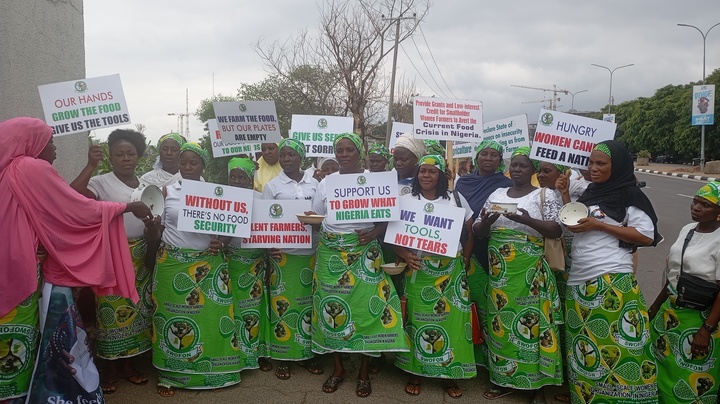
Since the outbreak of the dreaded plague-African Swine Fever (ASF) ravaged Piggery farms in some parts of the country in 2007, those who fled the business due to the serious setback never looked back.
But those who stayed back and others that later joined the lucrative farming enterprise have been waiting for the better opportunity to recover the losses.
Now, that demand is increasing due to influx of buyers from as far as neighbouring countries of Togo and Benin Republic, Pig breeders are struggling to meet up with supply.
One of the major challenges is the rising cost of feed and other inputs. According to a Pig breeder, Mr. Soji Owoeye, a ton of feed, which sold for N20, 000 is now N38, 000, while a bag of the feed formerly N800 is now N2,000.
He noted that the problem of stillbirth is also a very serious setback to farmers, as the animals give birth to dead offspring. This, he linked to climate change, especially in the dry season, when there is acute heat, which he said rampant in farms with asbestos and steel roofing sheets.
“Other things are diahorrea, due to farmers inability to buy drugs and lack of financial support to boost our business.”
Chairman of Zion Farmers Multipurpose Cooperative Society, Gudugba, located along the Lagos/Abeokuta, expressway, Ewekoro Local Government, Ogun State, Mr. Adedayo Durojaye, said high cost of input; inability to access capital and getting raw materials are serious impediments to their business.
“Providing conducive environment for the animal is always cost effective. There is need for good structures that befit breeding of pigs, which must be very solid. When you look at the cost of land, cement, blocks and roofing materials, they are on the high side and you need to use quality materials because they can easily destroy their pens if quality materials are not used, you’ll have to renovate their pen from time to time. Another thing is the cost of drugs; the prices have gone up, those sold for N400 are now N1,000 plus. We also need to consider cost of labour and transportation of animals, which are going up.
“All we’ve done on our farm is self-help, there is no government support, we generate water for ourselves, make the road motorable and provide security for the farm. Many farmers have run out of business since they couldn’t meet up with these expenses. Our farm is situated on about 150 acres of land and there is no government presence in terms of infrastructure, it’s been difficult to remain in business, we form cooperative societies to get loan,” he stated.
Durojaye, who disclosed that there is ready-make market for the product, said since many of their colleagues have left the business, it has left a vacuum, which is difficult to fill, noting that there are still opportunities for breeders if they can also go into processing, but a conducive environment would need to be provided.
He linked the invasion of the dread ASP disease to negligence and lack of Bio-security, noting that several checks have been put in place to curtail its resurgence in the farm.
A Professor of Animal Nutrition, Ambrose Alli University, Ekpoma, Edo State, Prof. Sylvanus Obu, who operates a piggery farm in Benin, told The Guardian that poor pricing used to be one of their challenges, which did not enable farmers to meet their financial obligations, making them to rely on loans. He said things have improved lately because of the attention given to agriculture by government.
While hinting that there is still need for massive investment in the sector to create jobs and boost the economy, he said many farms affected by the disease had to close down. He said in the last five years, the disease had been conquered.
“It is not a disease that moves around, it is only when animals are carried around from place to place. Now we are getting more support because we didn’t understand the disease and the threat it posed.”





